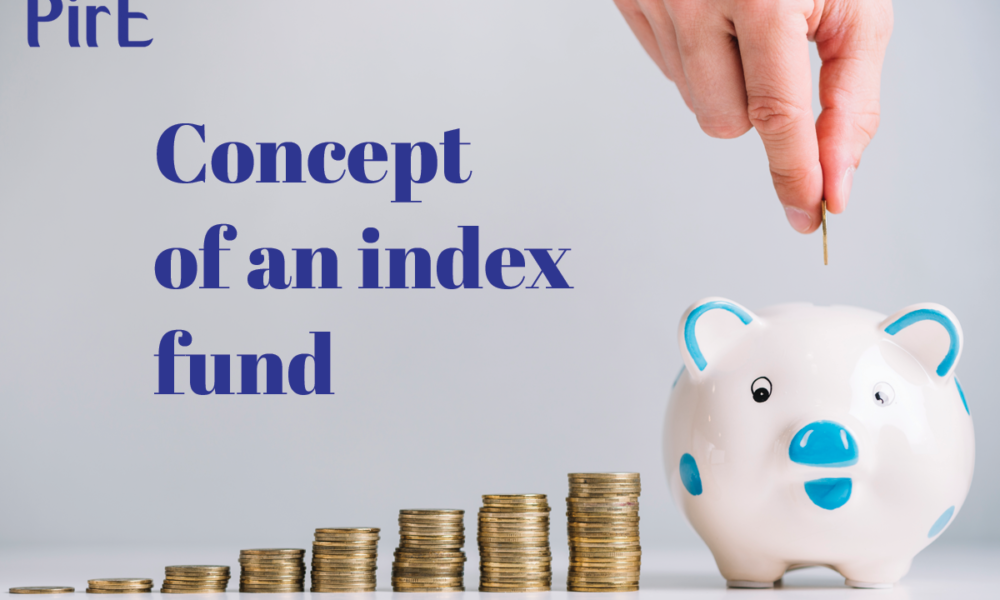INDEX FUNDS
What is the concept of an index fund?
An index fund is a form of mutual fund that invests in equities that are comparable to those in a certain market index. This means that the scheme will outperform the benchmark index it follows.
What is the purpose of Index Funds?
A market sector is defined by an index, which is a collection of securities. Index funds are classified as passive fund management since they monitor a certain index. The securities traded in a passively managed fund are determined by the underlying benchmark. Furthermore, passively managed funds do not require professional research staff to uncover opportunities and select the best stock.
Unlike an actively managed fund, which tries to time and beat the market, an index fund is meant to track the market.
An index fund, unlike an actively managed fund that tries to pace and beat the market, is meant to mimic the performance of its index. As a result, the returns of index funds are linked to the underlying market index.
Except for a slight variance known as tracking error, the results are nearly identical to the benchmark. The fund management will frequently make every effort to minimise this inaccuracy
Few of the benefits of index funds are:
-
Low costs
Because an index fund replicates its underlying benchmark, it doesn’t require a large team of research experts to assist fund managers in selecting the best stocks. There is also no active stock trading. All of these variables contribute to an index fund’s low management cost.
-
Investing without prejudice
Index funds invest in a way that is automated and regulated. A stated mandate of the amount to be invested in index funds of various assets is given to the fund manager. This removes human judgement and prejudice from investing decisions.
-
A broad market reach
The portfolio is diversified across all sectors and stocks when money is invested in a proportion equivalent to that of an index. As a result, an investor may use a single index fund to capture the likely returns on a bigger part of the market. If you invest in the Nifty index fund, for example, you would gain exposure to 50 firms distributed over 13 industries, ranging from pharmaceuticals to financial services.
-
Tax Advantages of Index Fund Investing
Because index funds are passively managed, they often have low turnover, or only a few trades by a fund management each year. Unitholders receive less capital gains dividends as a result of fewer trades.
Risk involved in Index funds
An index fund will face the same risks as the stocks in the index it is tracking. Other risks to which the fund may be exposed include:
Lack of adaptability– When it comes to reacting to price decreases in the securities in the index, an index fund may have less flexibility than a non-index fund.
Error Tracking– It’s possible that an index fund won’t exactly match its benchmark. For example, a fund may only invest in a subset of the securities in a market index, in which case its performance is less likely to mirror that of the index.
Underperformance– Fees and expenditures, trading charges, and tracking mistakes might lead an index fund to underperform its benchmark.

